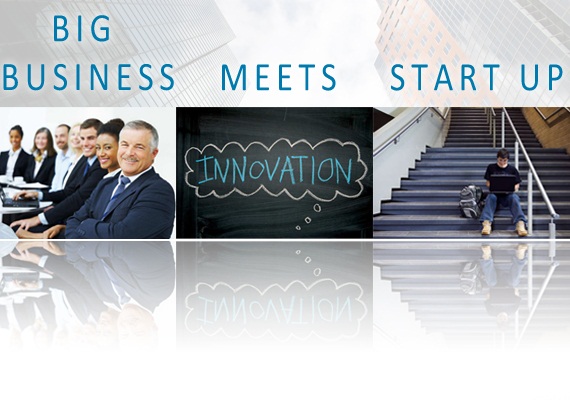Original post by Lauren Orsini via readwrite
Earlier this month, LinkedIn held its third annual LinkedIn Intern Hackday. The popular event, which offers the winner a $10,000 scholarship, is packed with young people hopped up on caffeine, struggling to finish an app before the 24-hour deadline.
There are a lot of silly concepts, as you’d expect from college-age interns. A program for “creeping” on your friends (or strangers) by snapping hidden shots of them while you ostensibly make a phone call. A virtual door sock to advise your roomies to stay away for a while.
And every now and then, out comes an app that could change the world.
Check Out Checkup
Nineteen-year-old Sam Bodanis came away with second place for Checkup, his iOS app that aims to detect an onset of Parkinsons disease in a smart phone user’s voice. It was inspired by an article he’d recently read about breakthroughs in treating Parkinsons through voice algorithms.
An intern at high-tech healthcare engineering firm Aditazz, Bodanis is intensely interested in using technology to treat disease. But this project was so “menacingly large” that he didn’t consider tackling it until the Hackday came around.
“I kind of used the hackathon as an opportunity to build an idea I’ve been playing around a lot,” he said. “The LinkedIn Hackday was an opportunity to have 24 hours uninterrupted to make a start on it and have something to show at the end.”
Hackathons aren’t serious events. They’re the tech world’s take on a social event, where everyone stays up all night, downs way too much caffeine, and alternates hard work with naps and impromptu 2 AM ping-pong battles. However, they may have serious implications for how we tackle our biggest problems, simply because of that lack of intensity.






